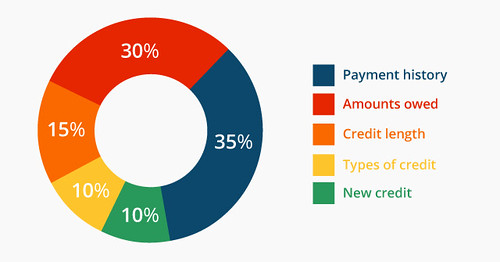Outline: Governing Lending An Overview of Federal Regulations for Payday Loans
Payday loans have become a popular option for individuals in need of quick cash. However, these loans often come with high interest rates and fees, leading to a cycle of debt for many borrowers. To protect consumers from predatory lending practices, the federal government has implemented a series of regulations to govern the payday loan industry.
The primary federal regulation governing payday loans is the Truth in Lending Act (TILA). Under TILA, lenders are required to provide borrowers with clear and accurate information about the terms and costs of their loans. This includes disclosing the annual percentage rate (APR), finance charges, and any additional fees associated with the loan.
In addition to TILA, the Consumer Financial Protection Bureau (CFPB) plays a crucial role in regulating payday loans. The CFPB was created to enforce federal consumer financial laws and to protect consumers from unfair, deceptive, or abusive practices. The bureau has the authority to take enforcement actions against lenders who violate these laws, including imposing fines and penalties.
One of the key regulations introduced by the CFPB is the Payday Lending Rule. This rule requires lenders to determine a borrower’s ability to repay the loan before extending credit. It also limits the number of consecutive loans a borrower can take out and imposes restrictions on lenders’ ability to withdraw funds from a borrower’s bank account.
Furthermore, individual states also have their own regulations in place to govern payday loans. Some states have implemented stricter rules to protect consumers, such as capping interest rates or limiting the number of rollovers allowed. It is essential for borrowers to be aware of both federal and state regulations to ensure they are fully informed and protected when considering a payday loan.
In conclusion, federal regulations, such as the Truth in Lending Act and the rules set by the Consumer Financial Protection Bureau, aim to safeguard borrowers from unfair and predatory lending practices associated with payday loans. By providing borrowers with transparent information and enforcing responsible lending practices, these regulations work towards promoting a more equitable and regulated payday loan industry. Additionally, state regulations add an extra layer of protection for consumers, ensuring they have access to fair and affordable lending options.

Leave a Reply